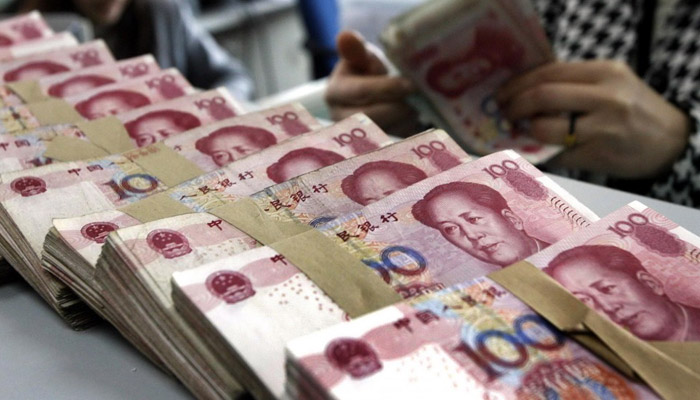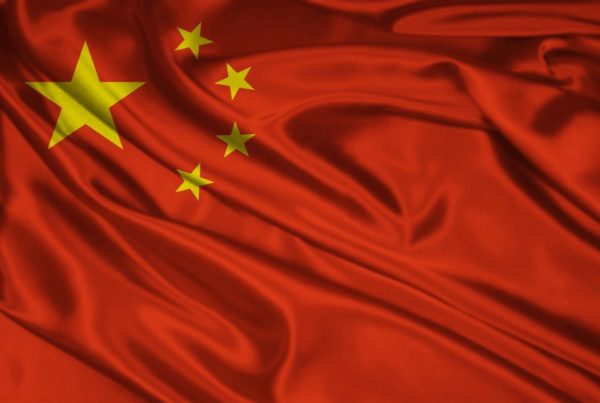For many years, China operated a dual indirect tax system consisting of value-added tax (VAT) and business tax (BT). In 2012 a pilot test began in several service sectors in Shanghai, to replace BT with VAT. The VAT reform was expanded nationwide this year with all services firms including securities brokerages and insurers subject to the new tax regime.
VAT reform, aimed at cutting the tax payments of smaller mainland firms, appears to have had the opposite effect on many entrepreneurs, who say they have become victims of the new system. First of all, most startup companies find it difficult to choose the appropriate taxpayer status. Status factors in the nature of the business and scales, VAT liability and related administrative costs, which can be different among the two types of tax payer statuses: General Tax Payer and Small Scale Tax Payer. To mitigate unexpected administrative work or greater VAT liabilities after company formation, a newly-formed company can consider the tax impacts and related handling costs when choosing their tax payer status before investing in China.
Furthermore, VAT invoices (commonly known as fapiao) unavailability and quota limitation is another challenge for small business. In China, all business transactions are required by law to be recorded on an official receipt or fapiao. Fapiao differ from regular receipts in that they are printed on special paper that must be purchased from the tax authorities. If a transaction is not printed on an official fapiao, the authorities will not recognize it, and the enterprise will be unable to use the expense for tax deductions or refunds.
A company may only issue a fapiao if the transaction is within that company’s business scope. For this reason, when a company first applies for a license to issue fapiao, the tax authorities will look at the company’s size and business scope to decide what kind and how many fapiao the company may legally issue. Transactions covered under China’s Value-added Tax (VAT) system need to be printed on a VAT fapiao.
Under the VAT system, the value of invoices issued by suppliers of raw materials is measured against the value of the sales invoices issued by the service companies to their customers. The different between the two is considered to be “value added.”
Many Chinese entrepreneurs like those who have restaurant businesses found that their suppliers, most of whom are small vendors in a flea market, weren’t able to provide the VAT fapiao. Consequently, this resulted in a higher tax burden.
Ironically, the Chinese Ministry of Finance, in a report to the National People’s Congress in late August, said that the amount of business tax – tax levied on sales of goods and services – collected in the first six months of this year jumped more than tenfold from a year ago.
Beijing’s policy direction of encouraging entrepreneurship to sustain the growth of the world’s second-largest economy has turned out to be an empty promise to business people. With the shadow of a slowing economy hanging over them, a significant number of entrepreneurs are increasingly considering quitting their businesses.
Endnotes
1. South China Morning Post: “China’s VAT tax reforms are pushing small businesses to the brink”, Daniel Ren, 2016, <http://www.scmp.com/business/china-business/article/2024061/chinas-vat-tax-reforms-are-pushing-small-business es-brink >;
2. China Briefing: “China’s VAT Amongst Highest in Asia’, 2016, < http://www.china-briefing.com/news/2015/07/06/ chinas-domestic -consumption-tax-amongst-highest-in-asia.html >;
3. Mondaq: “China: The Impact Of China’s VAT Reform On Startup Companies”, Debbie Lee, Jack Yan, 2016, < http://www.mondaq.com/china/x/530502/sales+taxes+VAT+GST/The+Impact+Of+Chinas+VAT+Reform+On+Startup+Companies >;
4. China Briefing: “China’s Fapiao System: Fapiao and Value-Added Tax”, < http://www.china-briefing.com/news/ 2015/04/14/chinas-fapiao-system-fapiao-value-added-tax.html>;
5. TMF Group: “Despite the advantage of VAT, most startup companies find it difficult to choose the appropriate taxpayer status”, 2016, < https://www.tmf-group.com/en/media-centre/news-and-insights/september-2016/china-vat-impact-on-startup>.





